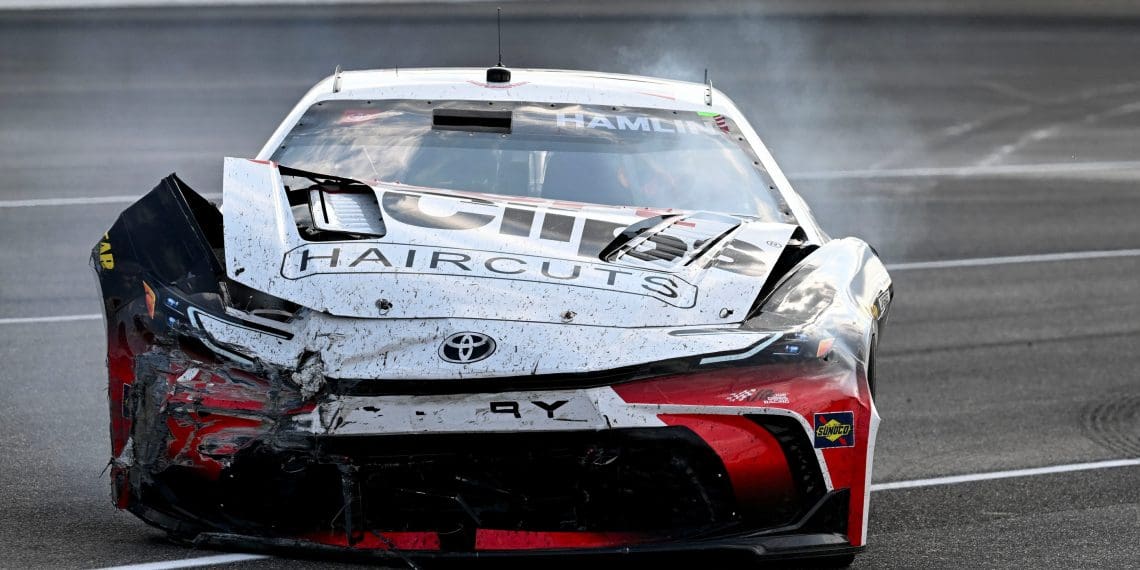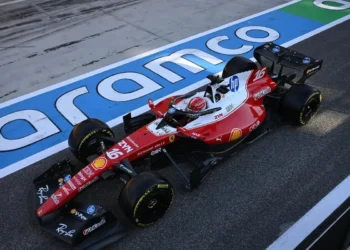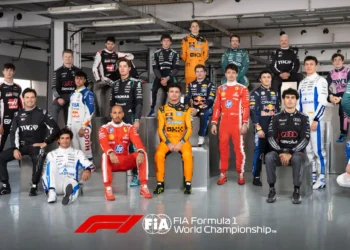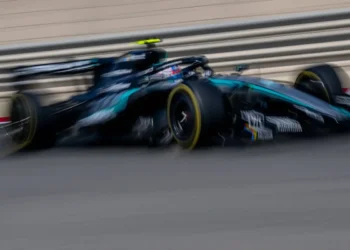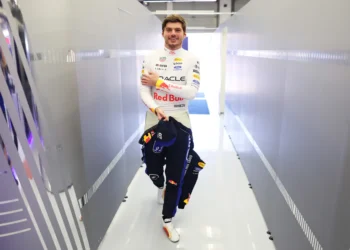Since Toyota entered NASCAR in 2007, the Japanese automaker has grown into a powerhouse, securing victories and titles while boosting its presence in the U.S. market. However, the tide is shifting against Toyota, both domestically and globally. With the rise of electric vehicles (EVs) and looming local competition from a Honda-Nissan merger, Toyota finds itself navigating a precarious future in the automotive and motorsports industries.
The Honda-Nissan Merger: A Domestic Threat
In Japan, Honda and Nissan’s potential 2026 merger is poised to reshape the global auto industry. This collaboration could form the third-largest automotive group, trailing only Toyota and Volkswagen, with projected combined sales of 30 trillion yen ($191 billion).
- Why the merger? The primary driver is the growing dominance of Chinese EV manufacturers. Honda and Nissan aim to consolidate resources to combat this threat while increasing efficiency in the evolving EV market.
- Impact on Toyota: With Mitsubishi Motors, another significant Japanese automaker, considering joining the merger, the pressure on Toyota to maintain its competitive edge has intensified. Toyota’s once-dominant domestic market share is now at risk of erosion.
Global Sales Decline and EV Market Struggles
Toyota’s struggles extend beyond Japan. Global sales have taken a hit, with November 2024 production falling 9.4% year-on-year. Key markets like China have seen a sharp drop in Japanese brand penetration, declining from 25% in 2020 to 15% in 2024, the lowest since 2016.
- U.S. EV Market Challenges: Toyota has faced stiff competition from hybrid and EV rivals in the U.S. market, compounded by rising regulatory pressures to phase out gasoline-powered vehicles by 2035.
Despite these challenges, Toyota has announced ambitious EV goals, including delivering 1.5 million EVs annually by 2026. However, internal resistance within Toyota’s leadership complicates these efforts.
Resistance to the EV Push
Toyota’s leadership, including Chairman Akio Toyoda and North American COO Jack Hollis, has openly criticized the accelerated push toward EV adoption.
- Hollis on EV Policies: Hollis labeled the U.S.’s regulatory push for EVs as a “de facto mandate” misaligned with consumer demand. He argued that penalizing gas-powered vehicles forces manufacturers to prioritize EVs before the market is ready.
- Akio Toyoda’s Skepticism: Toyoda has long been cautious about EVs, predicting that fully electric vehicles will cap at 30% of global sales, no matter the advancements.
This perspective aligns with fan backlash in NASCAR. When the NASCAR ABB EV prototype debuted during the Chicago Street Race, fans expressed disdain for the silent, electric machines, longing for the roar of traditional V8 engines. This sentiment highlights the cultural resistance Toyota must contend with while adapting to a greener future.
Toyota’s NASCAR Legacy Under Threat?
NASCAR has been central to Toyota’s U.S. success, solidifying its brand among die-hard racing fans. However, with NASCAR inching toward electric integration, Toyota must balance its traditional motorsports identity with future-oriented innovation.
Toyota’s NASCAR journey mirrors its broader struggles:
- Adapting to change: Just as Toyota faces new competition from Honda-Nissan at home, it must adapt to NASCAR’s evolving landscape, where electric racing could play a bigger role.
- Maintaining fan loyalty: NASCAR’s base remains fiercely attached to traditional combustion engines. How Toyota handles the transition in both the market and racing circuits will define its legacy.
The Road Ahead: Toyota’s Crossroads
Toyota’s dual challenge of increasing domestic competition and a global EV push demands innovation and agility. While the company has announced a comprehensive EV strategy, internal skepticism and declining market share signal an urgent need for recalibration.
The stakes are high:
- Can Toyota fend off Honda and Nissan’s combined might in Japan?
- Will it successfully bridge the gap between traditional motorsport values and a green automotive future in NASCAR?
For now, Toyota’s journey is a test of resilience and reinvention—one that could shape the automotive and racing industries for years to come.

